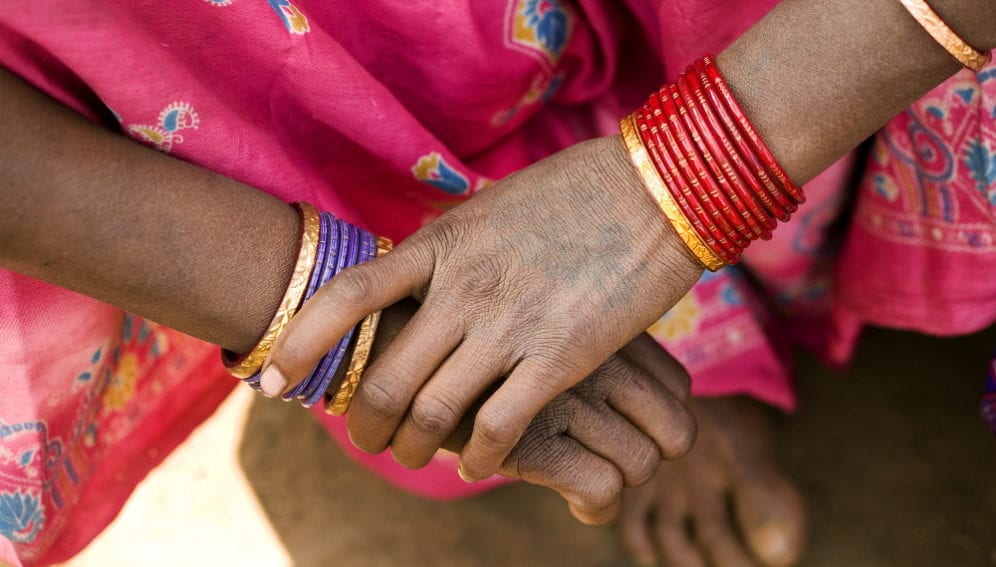By: Imogen Mathers
Send to a friend
The details you provide on this page will not be used to send unsolicited email, and will not be sold to a 3rd party. See privacy policy.
Since the brutal gang rape and murder of a young woman in Delhi in 2012, rape and sexual harassment have frequently hit India’s headlines. Government data show the problem appears to be worsening and, as another high-profile rape trial begins in Delhi this month, the question of what to do about gender-based violence has never seemed so urgent. [1,2]
Part of the problem is that attacks are underreported. Fear of the police, the stigma attached to sexual assault, and concerns about social repercussions deter women from coming forward. So my attention was drawn to a police initiative in Odisha state to install ATM-style touchscreen booths in banks to enable women to report assaults. [3]
When I spoke to Nandita Bhatla, a specialist on gender-based violence at the Asia office of the International Center for Research on Women, she pointed to two positive aspects of the initiative.
“First, this is an acknowledgement by the police themselves that their system and attitudes really don’t encourage women to report violence,” says Bhatla. In the face of a police culture known to dismiss rape reports or even blame victims, this is a welcome development, she says.
Second, Bhatla says the technology should give women more confidence to report rape. “We know that fear of going into a police station and interacting with an officer who will probably dismiss your complaint is a key barrier.”
“Currently there’s a lot of buzz and noise around sexual harassment and violence. But without real evidence around what is happening and why, and what initiatives work, opportunities for progress are going to be lost.”
Nandita Bhatla, International Center for Research on Women
Bhatla also thinks the booths, known as ICLIKs, should be installed more widely. “They need to expand them to other safe public spaces — hospitals and bus and railway stations for example.”
But Bhatla says the initiative fails to solve a more-ingrained problem: the lack of a broader, trusted system for responding to and tracking crime reports, which mechanisms such as ICLIK can feed into.
The strategy only delays face-to-face contact with police, she adds, and “there’s nothing to say that these officers will take [ICLIK] complaints more seriously than a complaint made at the station. Unless there is a better response system functioning in parallel with the ICLIK, the gains will be lost.”
A lack of systems and training for police on responding to gender-related crimes is a huge problem in India, Bhatla says. She cites the example of the Delhi Police’s Crime Against Women Cell, which runs a helpline for women but, she says, has no protocol for responding to callers, and fails to maintain clear databases for monitoring crimes and following up cases.
And Bhatla notes there is little public data on whether initiatives such as this that are designed to make it easier for women to report rapes actually work.
“With ICLIK, all we have are a few newspaper reports,” she says. “It would have been the simplest thing to set up a database and ask women: ‘Would you have reported this if you didn’t have ICLIK?’”
“Currently there’s a lot of buzz and noise around sexual harassment and violence. But without real evidence around what is happening and why, and what initiatives work, opportunities for progress are going to be lost.”
Imogen Mathers is reporter/producer at SciDev.Net. @ImogenMathers
References
[1] Rukmini S. Crimes against women rise sharply, most of all in Delhi (The Hindu, 3 July 2014)
[2] Uber Delhi ‘rape’: India court begins driver’s trial (BBC, 15 January 2015)
[3] Barbara Speed The ATM at which Indian women can report sexual assault (CityMetric, 6 January 2015)














